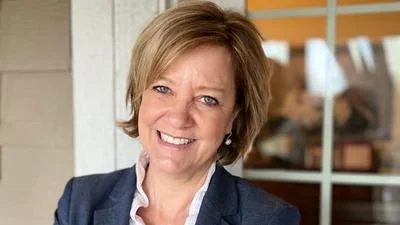The City of Chicago is currently facing two years of contract negotiations on each of the 44 collective bargaining agreements (CBAs) it holds with labor unions, and the Better Government Association (BGA) is encouraging the city’s taxpayers to make their views heard in the process.
According to a recent BGA guide, the current negotiation system provides little encouragement for public input, and negotiations are in fact confidential and closed to the public; however, the many factors at play during negotiations, coupled with their current lack of transparency, make it critical for Chicago residents to stay informed on the process and ensure that Mayor Rahm Emanuel and the City Council are working in their best interests, the BGA said.
Many of the city’s current CBAs took effect 10 years ago, with their lengthy duration an effort from then-Mayor Richard Daley to display labor stability in support of Chicago’s bid for the 2016 Olympics, which ultimately failed. These agreements and others are expiring over the course of the next two years, leading to a series of negotiations between now and 2019, the BGA reports.

Chicago Mayor Rahm Emanuel
The group explained the negotiation process, which begins with the city’s law department representing the mayor in meetings with the union, who often invites its members to attend. If the parties cannot reach an agreement in those meetings, then the agreements move to arbitration, where the negotiation process can slow significantly. After an agreement is reached, through meetings or arbitration, the City Council has the last say in approving the CBA.
As currently set out, this process does not foster public involvement and allows negotiations to reach their final stages before the public – and potentially even the City Council – learn what is contained in the agreements, according to the BGA The negotiations are exempt from the Open Meetings Act to ensure confidentiality.
In its guide, the BGA proposed several measures the city could undertake to make the negotiation process more transparent. The group encouraged aldermen to seek their constituents' opinions on key negotiation issues and make their positions on those issues clear during the negotiation process. The BGA also called for the city to share key documents, like initial bargaining positions, and consider principles – or interest-based negotiations.
The BGA also noted that Chicago taxpayers need to take several steps to steer the negotiations in their favor. First among these is staying informed on the issues shaping the CBA negotiations. The BGA also recommends that community members speak with their aldermen and, where applicable, to their union representatives. Finally, the group notes that the negotiations have the potential to drag on past the 2019 elections, which would prevent the new CBAs from influencing voters’ decisions. To prevent this, the BGA advises taxpayers to demand updates on the negotiations prior to the elections.
Specific factors to look for as the city works on its new CBAs include wage increases, long-term contracts and reopener provisions, according to the BGA. These factors were isolated in a report from the city’s Office of the Inspector General, which released a review on the current CBAs. The report suggests that wage increases be tied to the consumer price index, which would have seen current wage increases drop by as much as 17 percent in one case, and that contracts be made for shorter periods to ensure that their terms do not become outdated.
The report also suggested reforms to the health benefit system, changes to allowance allotments and increasing the city’s flexibility to contract out for labor. Additionally, the BGA encouraged changes to police CBAs, noting a need for more accountability in the Chicago Police Department.
.jpg)




 Alerts Sign-up
Alerts Sign-up